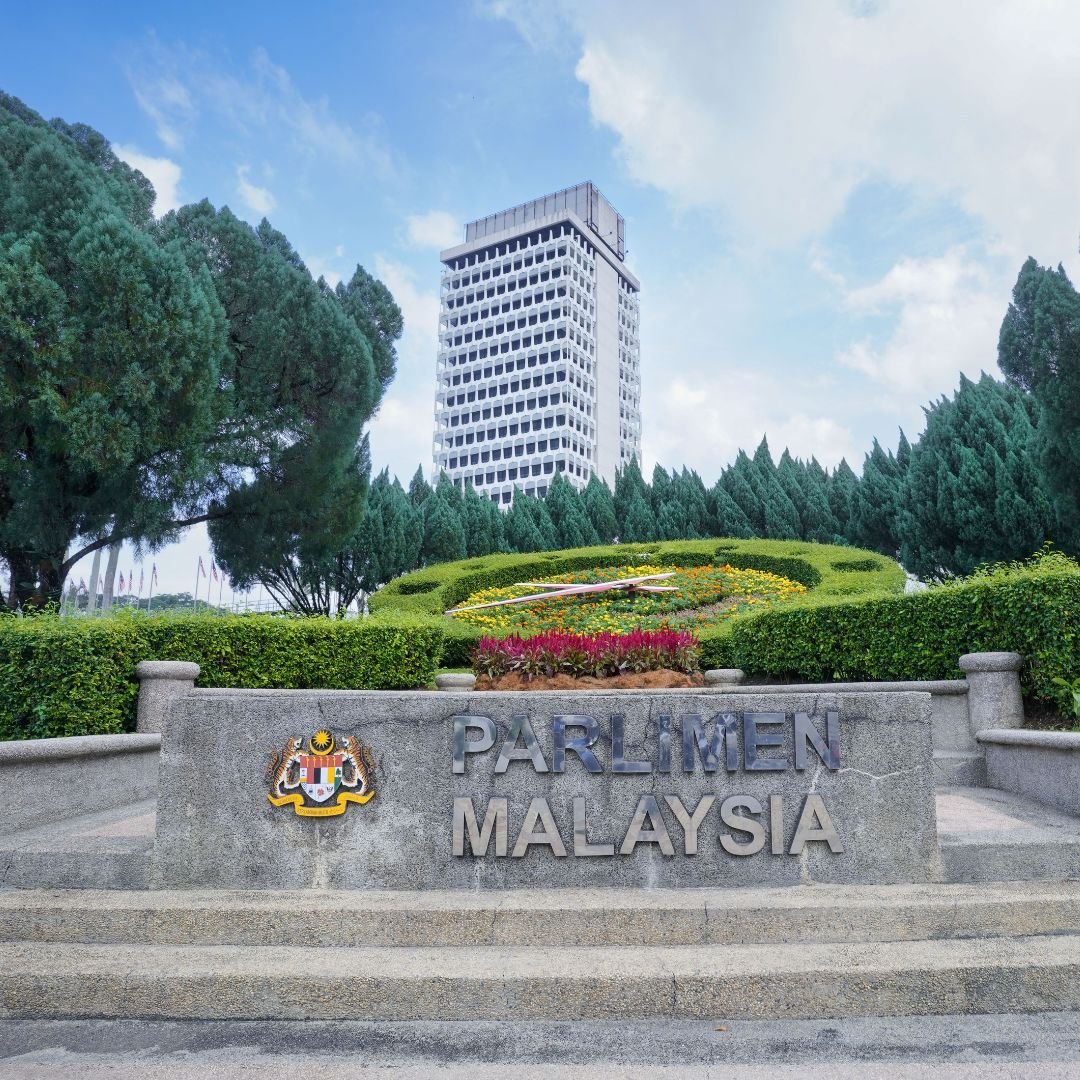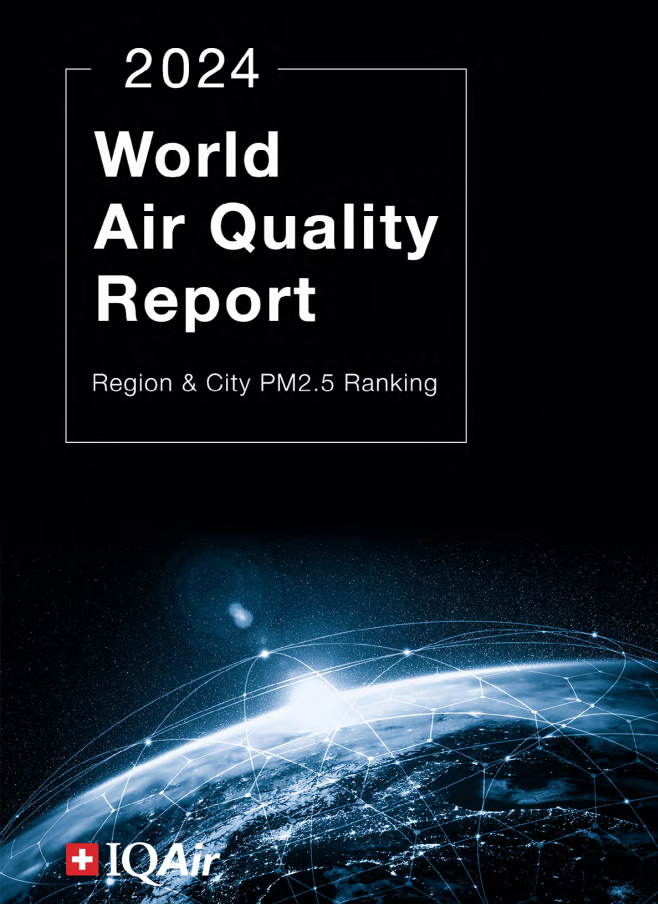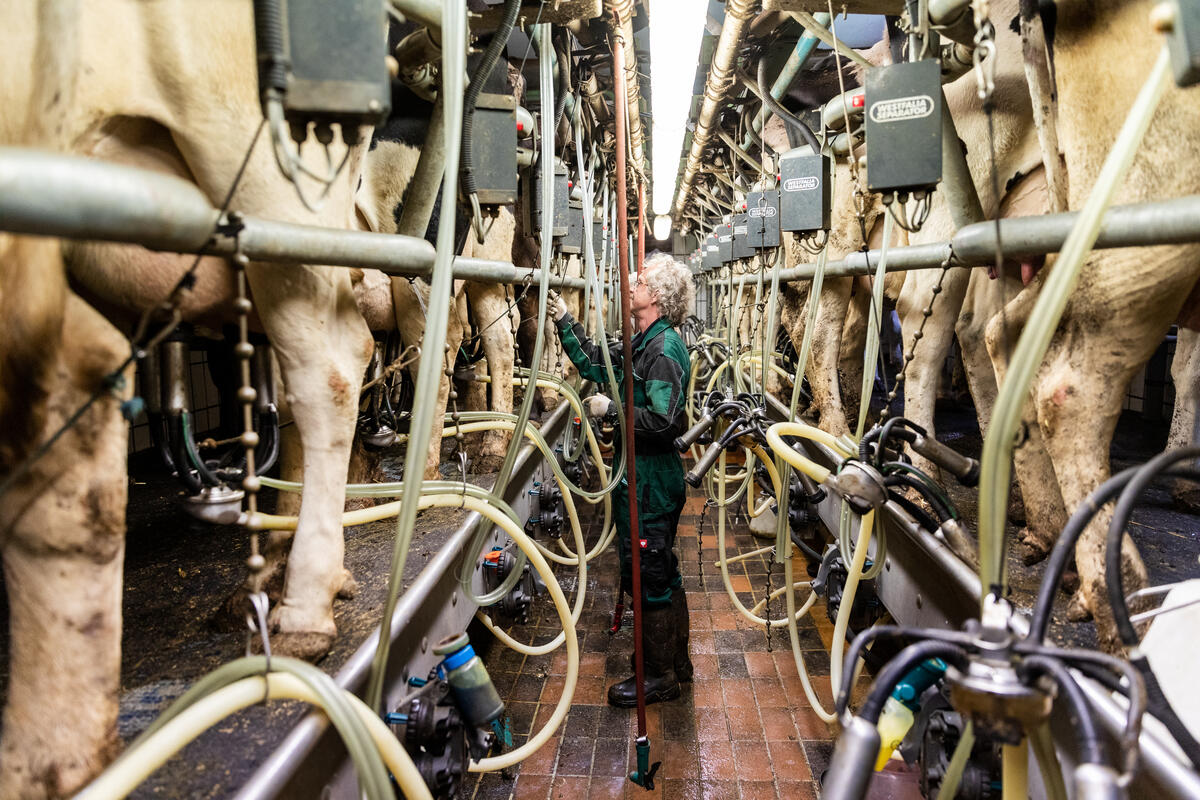Health and economic impacts of air pollution
KUALA LUMPUR: A new study by the Centre for Research on Energy and Clean Air (CREA) and Greenpeace Malaysia found that an estimated 32,000 avoidable deaths occur in Malaysia every year because of air pollution. Recent literature shows that the impact of long-term exposure to poor air quality on human health is worse than previously estimated.
Health impacts have corresponding economic costs in the form of healthcare and medical spending and losses in economic productivity following premature death. The estimated annual economic cost of ambient air pollution in Malaysia is estimated at MYR 303 billion (US$ 73 billion) — or 20% of the country’s GDP in 2019.
Sources of air pollution in Malaysia. Air pollution in Malaysia is caused by emissions from a growing number of sources from industrial manufacturing, power generation, vehicles, and open burning activities. Additionally, biomass burning and forest fires in the country and in neighbouring countries contribute to the seasonal transboundary haze incidents that often cause a spike in air pollution from July to October. However, the phenomenon is one whose root cause — peatland burning in Indonesia, for which Malaysian companies contribute and benefit— has not been sufficiently addressed.
Malaysia has made progress in improving its air quality in recent years but will need to have more ambitious targets and policies for cleaner air. In September 2021, the World Health Organization (WHO) updated its recommended ambient air quality guidelines for the first time since 2005. It will be important for Malaysia to revise its own standards in line with the WHO’s as any and all improvements to air quality could yield massive health and economic savings for the country.
CREA Southeast Asia Analyst Isabella Suarez explained the report finds that:
- Meeting the new and most protective 2021 WHO Guidelines for fine particulate matter (PM2.5) and nitrogen oxides (NOx) would save 22,000 lives per year. Other impacts such as sick days taken due to air pollution-linked illnesses, low birth weights and preterm births, and years lived with disabilities would be reduced by more than 75%. With the 2021 WHO guidelines, the economic cost for Malaysians would be reduced by a third annually, saving MYR 212 billion (US$ 51 Billion) in air pollution related costs per year.
- Every reduction in air pollution will have health benefits and economic savings. Improving air quality does not happen overnight so interim targets are important stepping stones and tools to hold policymakers accountable. Meeting the WHO’s 2005 guideline values would already decrease premature deaths by 38% annually, saving 12,200 lives per year in comparison to air pollution at the current, observed levels. The economic savings from improved air quality would also be substantial: An estimated MYR 124 billion (US$ 30 Billion) per year would be saved if air quality in Malaysia met the WHO 2005 Guidelines.
According to Greenpeace Malaysia Campaigner Heng Kiah Chun, key recommendations for the Malaysian government includes:
- The Malaysian Ministry of Environment and Water should strengthen public health and ecosystem health as the main objectives of its air quality governance framework, as well as add consider the economic cost of inadequate air quality standards
- Make ambient air quality standards legally binding, time-bound and enforceable with a regular review process that updates standards to align with global guidance and the latest scientific knowledge. This means legally mandated ambient air quality standards must be embedded in Malaysia’s primary air quality legislation, so that these standards are institutionalised and accorded appropriate importance in balancing socio-economic priorities.
- Strengthen the governance of ambient air quality standards through transparency, access to information, public participation and accountability with a requirement for interdisciplinary assessment and expert public health input in setting and updating standards.
Public Health Expert Dr. Khor Swee Kheng expanded on the findings and recommendations from the perspective of air pollution and its implications on health:
- PM 2.5 from air pollution, when inhaled, goes into the bloodstream and stays in the body and circulatory system affecting:
- The lungs through for example chronic obstructive pulmonary disease, asthma, and shortness of breath as the first manifestation; higher risks of heart attacks and strokes; risks of cancers usually respiratory or of the digestive tract including cancer of the lung, testicular and bronchus cancer; worsening various skin conditions such as psoriasis; and finally, mental health, and this is very easy to describe but very difficult to quantify how many people suffer anxiety or depression as a result of air pollution.
- There are both direct health care costs such as medical treatments, but there are also indirect health care costs such as absenteeism and presenteeism.
- We need political will and there are two elements that we can consider, using the Covid pandemic as the political burning platform and an opportunity for us to prioritise, (1) both health impact assessment (HIA) alongside environmental impact assessments (EIA), (2) ventilation standards or practices for indoor air quality improvement.
Read the full report here: CREA Website || Greenpeace Malaysia Website
SPEAKERS
Isabella Suarez | Southeast Asia Analyst | The Centre for Research on Energy and Clean Air (CREA) | www.energyandcleanair.org
CREA is an independent research organisation that focuses on the trends, sources and solutions to air pollution as it relates to energy. Isabella’s work covers the ongoing transition of energy and clean air policy, as well as strategic development and capacity building in the region.
Heng Kiah Chun | Campaigner | Greenpeace Malaysia | www.greenpeace.org/malaysia/
Greenpeace Malaysia is an independent NGO, that investigates, documents and exposes global and local environmental problems to develop solutions and bring about change. Heng is currently working on issues of domestic and transboundary haze, lobbying for solutions and recommendations for the basic human right to clean, haze-free air. Previously he worked on investigating and exposing issues with the plastic waste trade in Malaysia.
Dr. Khor Swee Kheng | Public Health Expert in Malaysia
Dr. Khor is a Malaysian physician with international experience in the public, private, non-profit and think-tank sectors. Currently, he specialises in health systems & policies and global health, holding fellowships at Chatham House, the United Nations University (UNU-IIGH) and the Institute Of Strategic & International Studies (ISIS Malaysia). Previously, he held progressively senior practitioner roles in clinical medicine, refugee & disaster relief, clinical research and pharma anti-corruption.



